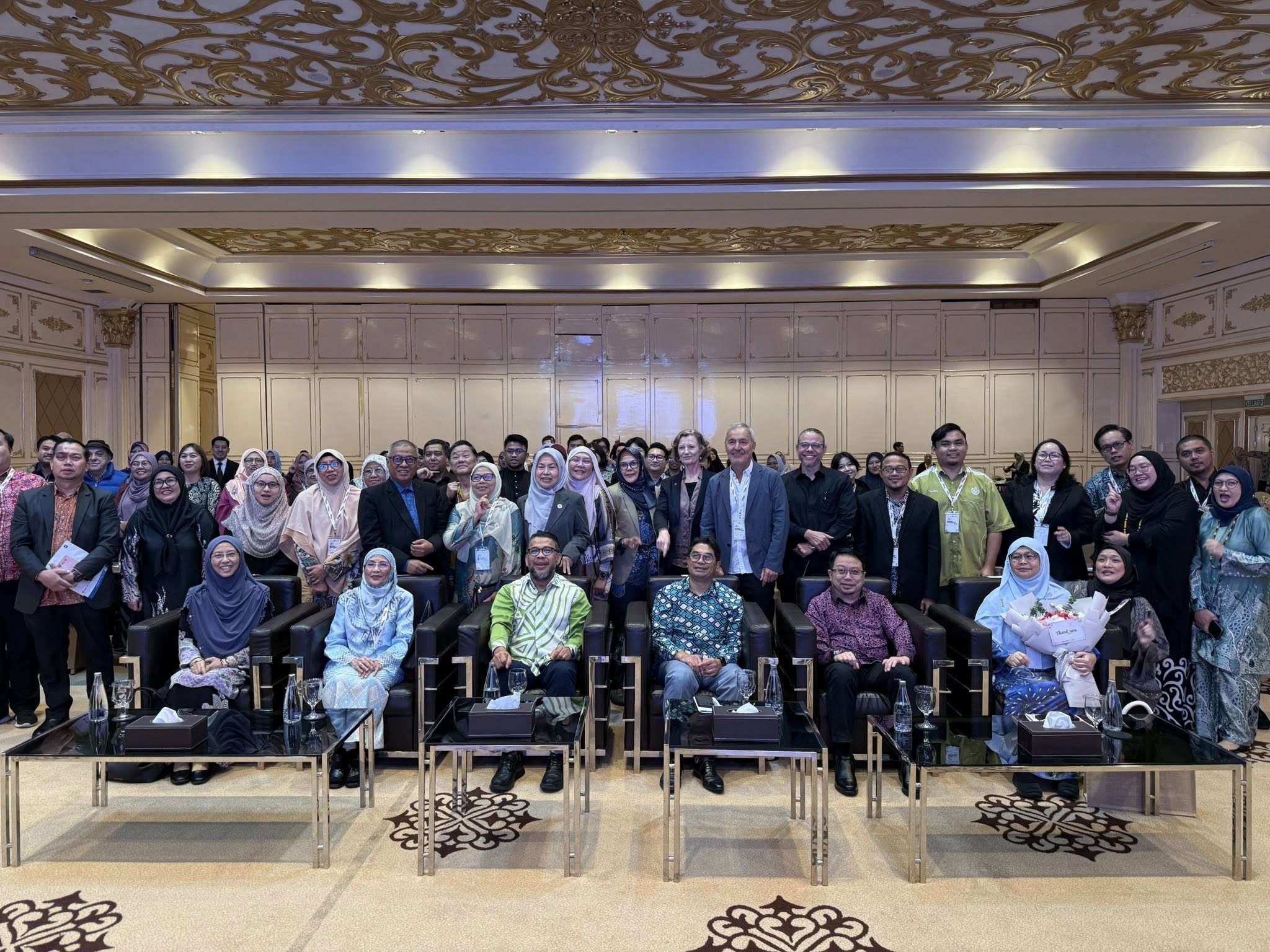
KUCHING: The 20th International Conference on Translation (PPA-20) concluded at a leading hotel today, highlighting the central role of translation in preserving heritage and embracing digital innovation.
Hosted by Universiti Malaysia Sarawak (UNIMAS) with the support of the Malaysian Translators Association (PPM), Dewan Bahasa dan Pustaka (DBP), and Institut Terjemahan dan Buku Malaysia (ITBM), the three-day event brought together more than 700 participants from 11 countries.
The conference featured policy papers, plenary sessions, working papers, forums, and workshops, drawing voices from academia, government, industry, and communities.
In her adjournment speech, President of PPM, Dr. Hasuria Che Omar stressed that translation is not only a linguistic exercise but a cultural custodian and a force for global understanding.
She called on delegates to view translation as a profession with both ethical and cultural responsibilities in shaping global perceptions.
On the future of translation, Deputy Vice Chancellor of Universiti Kebangsaan Malaysia (UKM), Prof. Dr. Abdul Halim Abdul Gafur, highlighted the role of technology in making translation not only a linguistic phenomenon but a bridge that connects cultures, a tool that nurtures empathy, and a force that strengthens global understanding.
In this regard, he announced that UKM, in collaboration with DBP and ITBM, is developing Malaysia’s sovereign Malay Artifical Intelligence (AI) model to ensure the Malay language thrives in the digital era.
“UKM is also honoured to host PPA-21 in 2027. Our vision is to create a platform that celebrates academic excellence, fosters innovation, and advances collaboration across languages and cultures,” he said.
The conference adopted seven resolutions presented by Convener of PPA-20, Dr. Rokiah Paee, which among others highlighted translation as a tool for heritage preservation, the integration of AI and digital technology in translator training, and the internationalisation of Malaysian works.
The resolutions also targeted strengthening translation for cultural diplomacy and emphasised ethics, creative adaptation, and sustained funding as pillars for translation as a strategic national investment. -UKASnews

